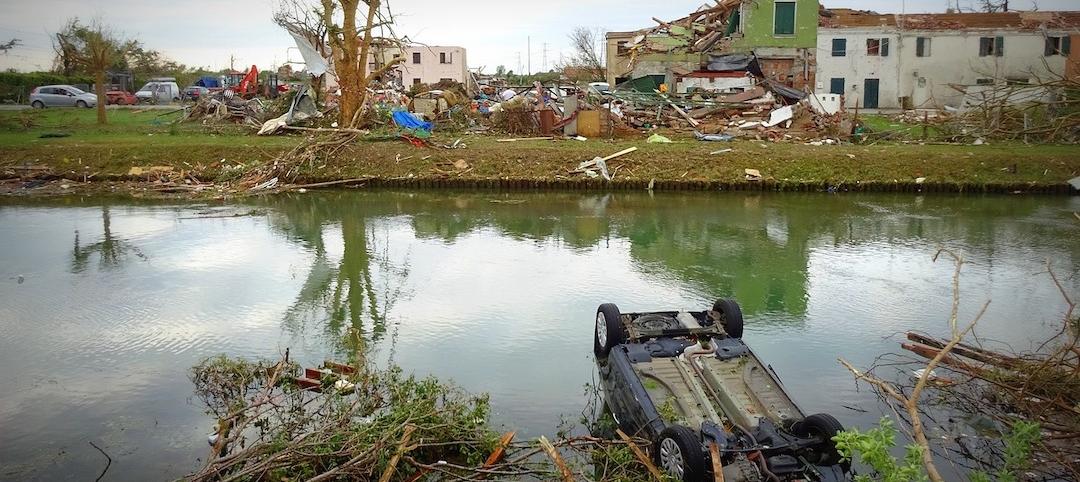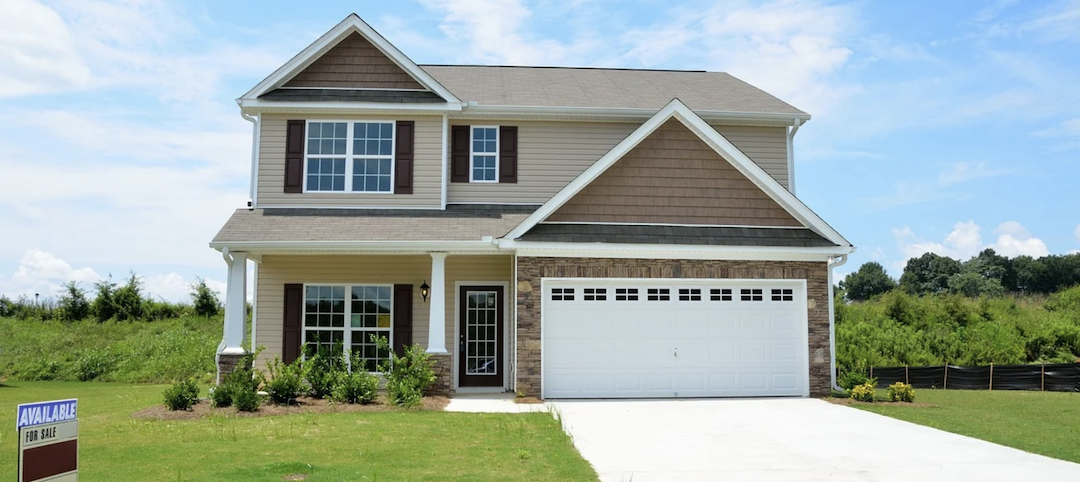The 2015 International Green Construction Code (IgCC) will include the option to use an outcome-based approach when complying with local building energy codes, the first time the IgCC has allowed this method.
Previously, building energy codes relied on two main pathways to demonstrate compliance: performance (modeling energy consumption), and prescriptive measures (following code-defined values for individual building components). Both approaches fail to fully account for how buildings use power once they are completed, occupied, and maintained, according to the Institute for Market Transformation (IMT).
The new provision will help communities to ensure energy-efficient buildings are meeting performance expectations. The outcome-based approach requires the building owner to provide the building’s utility bills for a 12-month period within three years. This will ease pressure on code departments and align with the growing number of energy benchmarking regulations across the country, IMT says.
The decision to include an outcome-based pathway in the 2015 IgCC will directly influence future editions of the IgCC and other codes such as the Energy Conservation Code. This should smooth the process of including ASHRAE Standard 189.1 and the LEED green building program into the development of the IgCC, IMT says.
(http://www.imt.org/news/the-current/outcome-based-pathway-is-voted-into-the-2015-igcc)
Related Stories
Codes and Standards | Jan 4, 2022
Architects at New York firm take steps to unionize
Support for unionization reported at two other New York firms.
Codes and Standards | Jan 3, 2022
Biden’s executive order for a carbon-neutral government includes green materials mandate
As a driver of demand, federal procurement impact could ripple through the economy.
Codes and Standards | Jan 3, 2022
Controversial California solar power incentive proposal would reduce subsidies
Plan intended to encourage customers to install power storage systems.
Codes and Standards | Jan 3, 2022
New York City bans new gas hookups
Applies to gas stoves, boilers, and heaters in new buildings and buildings that undergo gut renovations.
Codes and Standards | Jan 3, 2022
New engineering guide on fire safety for very tall buildings released
Topics include emergency egress, fire resistance, building envelope, suppression, detection, alarms, and smoke control.
Codes and Standards | Dec 22, 2021
Updated ASCE 7-22 standard includes first-ever criteria for tornado-resistant design
New document provides up-to-date, coordinated loading provisions for general structural design.
Codes and Standards | Dec 21, 2021
Outdated and redundant building codes plague St. Louis area development
Region’s combined codes nearly double the length of the IRS Code.
Digital Twin | Dec 20, 2021
Groups ally to advance augmented reality and digital twin technology
AREA and Digital Twin Consortium to work on improving how technology components interoperate.
Codes and Standards | Dec 20, 2021
Tension rises in California over state’s push to build more housing
Attorney general hints at lawsuits against cities that don’t comply with zoning reform.
Codes and Standards | Dec 17, 2021
Tension rises in California over state’s push to build more housing
Attorney general hints at lawsuits against cities that don’t comply with zoning reform.

















